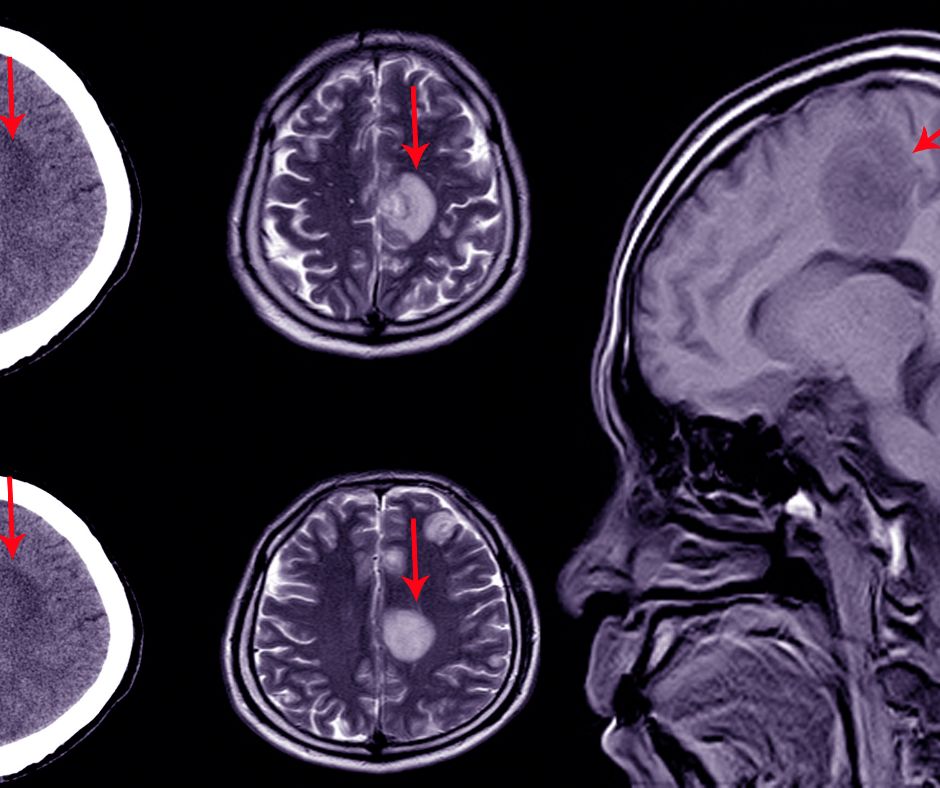What is post-concussion syndrome?
Firstly, concussion is a traumatic brain injury. It can happen when you hit or bump your head. It can also happen if you receive a blow to your body which makes your head move back and forth very rapidly. Concussion usually has a number of symptoms which usually subside within 2 weeks. Post-concussion syndrome, however, is when you continue to experience symptoms of concussion beyond the expected recovery time and can last weeks and even months.
What causes post-concussion syndrome?
It is suggested that psychological and neurobiological factors can predispose a post-concussion syndrome development. Those include anxiety, life stresses, pain, preceding history of psychiatric and physical conditions, and trauma related symptoms. Also, it has been observed that people who focus on emotions rather than on problems seem to suffer post-concussion syndrome for longer.
What are the symptoms of post-concussion syndrome?
Commonly, the symptoms of post-concussion syndrome can include headaches, dizziness, poor concentration, fatigue, irritability, anxiety, sleep disturbance and depression. Number and severity of symptoms can vary significantly.
What is cranial osteopathy?
Although the technique and the treatment of cranial osteopathy differs from osteopathy, it is still a part of osteopathy following the same principles. Its aim is to manage pain and improve the quality of life for people in need. Osteopathy is an allied healthcare profession in the UK which helps people by manipulating muscles and joints. Cranial osteopaths, however, use very well-developed touch to feel for natural movement of the tissue and fluids and can help people achieve desirable outcome with minimal movement of hands, joints and muscles.
What to expect during the cranial osteopathy treatment?
You can expect the osteopath to start with a conversation asking you quite a few questions about your complaint. This process helps the osteopath to better understand your condition and determine if cranial osteopath is a safe type of treatment to use. From there you are very likely to be laid on your back and your osteopath will be working on your head and spine using a very gentle touch so that your body can relax as much as possible.
How can cranial osteopathy help with post-concussion syndrome?
Because one of the benefits of cranial osteopathy is to help to balance the movement and pressure of bodily fluids such as blood and cerebrospinal fluid, some suggest that this can help to alleviate some of the symptoms of post-concussion syndrome. However, before seeing a cranial osteopath, we recommend consulting your GP so that you are sure that you do not have a severe complication such as internal bleeding or hemorrhage which might threaten your health or life.
For further information or contact an osteopath visit: https://www.osteopathy.org.uk/home/
We hope this information is useful for you. If you need advice or have any questions about our treatments, please contact us. You can find us in Mill Hill Broadway and Islington. We are always happy to help. If you like this blog, please share!



